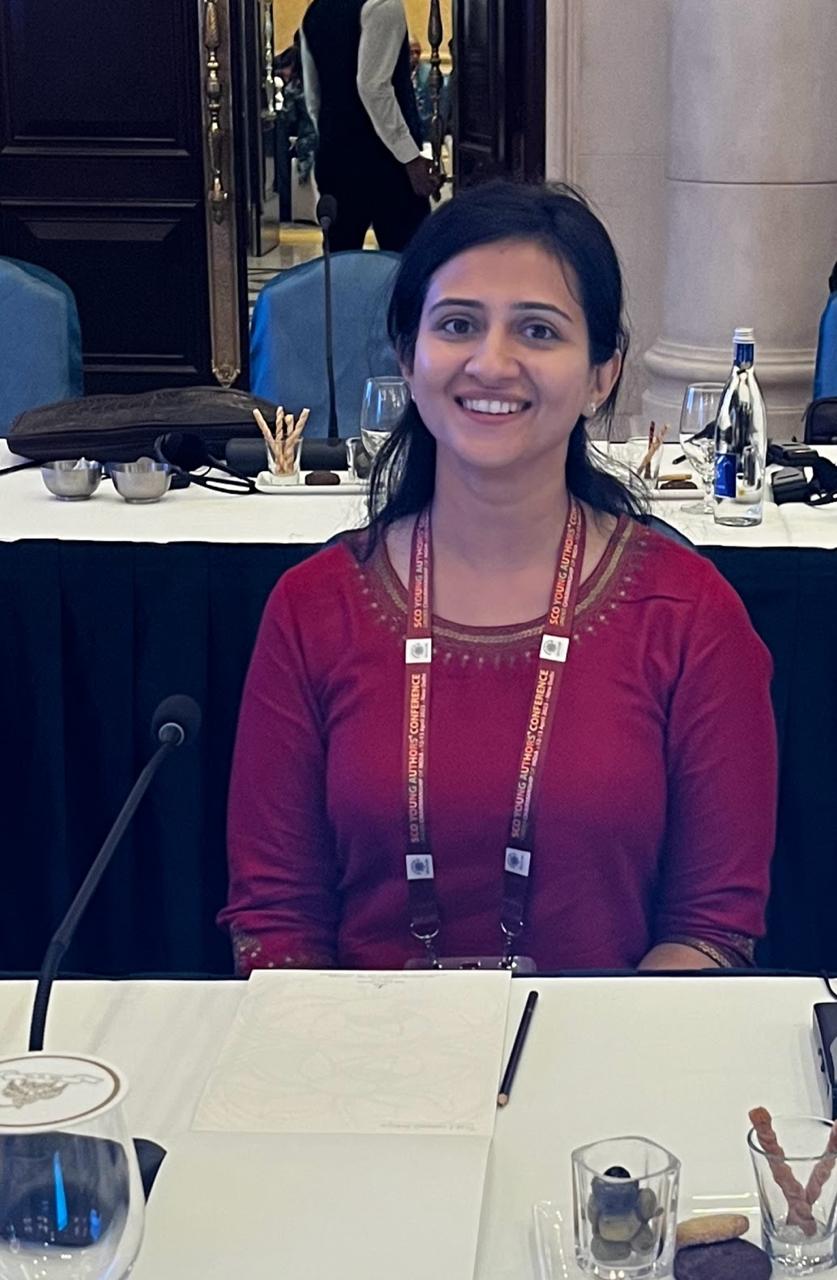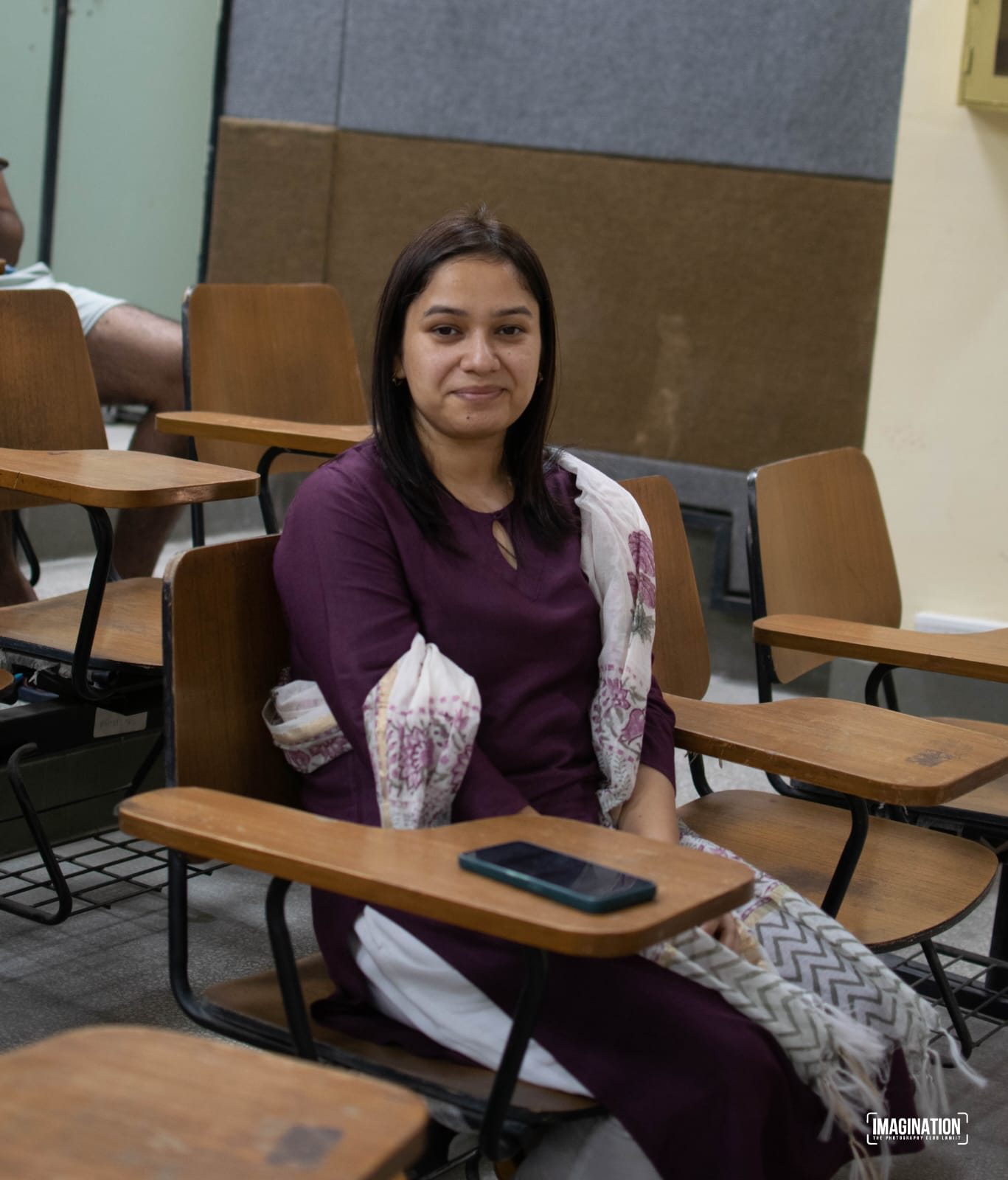Mahadevi Verma, born on March 26, 1907, in Farrukhabad, Uttar Pradesh, was a renowned Hindi poet, freedom fighter, educator, and women's rights advocate. She is considered one of the most influential figures in modern Hindi literature, contributing significantly to poetry, fiction, and essays. Her work is celebrated for its depth, sensitivity, and exploration of social issues.
Mahadevi Verma was born into an orthodox Hindu family, and despite the prevailing societal norms that restricted women's education, she pursued her studies passionately. She completed her higher education in Prayag Mahila Vidyapeeth and later earned a master's degree in Sanskrit from Prayag University. Her academic pursuits reflected her determination to overcome traditional gender barriers.
Her poetic journey began during her college years when she started writing under the pen name "Teji." Early influences included the works of Rabindranath Tagore and the romantic poetry of Sanskrit literature. However, her literary prowess truly flourished when she became associated with the Chhayavad movement, a literary trend characterized by romanticism, mysticism, and symbolism.
Mahadevi Verma's poetry reflects a deep spiritual and philosophical inclination. Her verses often explore themes of love, devotion, nature, and the complexities of human relationships. Her collection of poems, "Yama" (1936), received critical acclaim and established her as a prominent voice in Hindi poetry. Her language was characterized by its simplicity, elegance, and the ability to convey profound emotions.
In addition to her contributions to poetry, Mahadevi Verma was actively involved in the social and political movements of her time. She participated in the Indian independence movement and was associated with Mahatma Gandhi's Non-Cooperation Movement. Her commitment to social justice and women's rights was evident in her writings and her advocacy for education and empowerment.
Mahadevi Verma was a prolific writer, and her literary oeuvre extends beyond poetry to include essays, short stories, and novels. She was a key figure in the formation of the Prayag Mahila Vidyapeeth, an educational institution for women. Her efforts aimed at promoting education and empowering women were instrumental in challenging societal norms and fostering social change.
One of her significant contributions is the creation of the memorable character 'Savitri' in her novel "Sati." This novel, published in 1957, is a powerful exploration of the challenges faced by widows in Indian society. Through Savitri's character, Mahadevi Verma addressed issues of widowhood, social stigmas, and the need for women's emancipation.
Mahadevi Verma's literary accomplishments earned her several prestigious awards, including the Sahitya Akademi Award, Padma Bhushan, and the Jnanpith Award, which she received in 1982. Her impact on Hindi literature is immeasurable, and her works continue to be studied, appreciated, and celebrated.
Mahadevi Verma's life and writings are a testament to her resilience, intellectual prowess, and commitment to social reform. Her legacy extends beyond literature; she remains an enduring symbol of women's empowerment, education, and the capacity of literature to provoke social change. Her poetry, characterized by its emotional depth and social consciousness, has left an indelible mark on the landscape of Hindi literature. Mahadevi Verma passed away on September 11, 1987, but her words and ideals continue to inspire generations of readers and writers.





